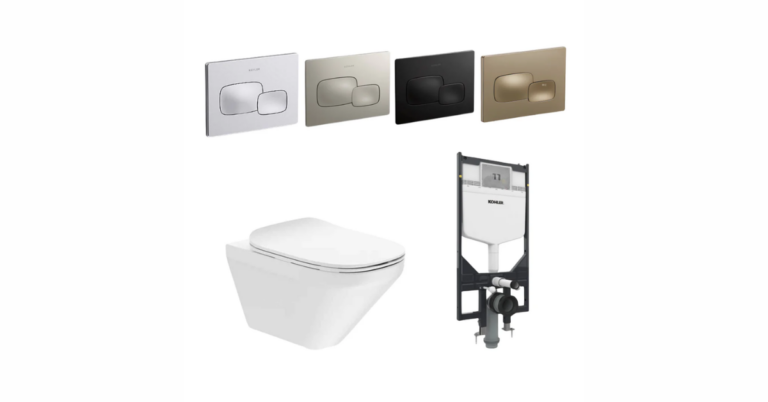The Power of Experiential Marketing in Event Brand Storytelling
world7, mahadev book login, silverexch:Experiential marketing has revolutionized the way brands connect with their audience during events. By creating immersive and engaging experiences, brands can tell their story in a memorable and impactful way. Through experiential marketing, brands can evoke emotions, create lasting memories, and build meaningful connections with their target audience.
The Power of Storytelling in Event Branding
Storytelling is a powerful tool in marketing. It allows brands to connect with their audience on a deeper level, conveying their values, mission, and vision in a compelling way. When it comes to events, storytelling becomes even more critical. Events provide a unique opportunity for brands to engage with their audience in person, creating a personal and immersive experience that resonates with attendees.
Experiential marketing takes storytelling to the next level by creating interactive experiences that bring the brand’s story to life. Whether it’s through interactive installations, live performances, or hands-on activities, experiential marketing allows brands to engage all five senses, making the brand story more impactful and memorable.
The Power of Emotion in Event Branding
Emotions play a significant role in brand recall and loyalty. When brands evoke positive emotions in their audience, they create a lasting impression that can drive customer loyalty and advocacy. Experiential marketing is particularly effective at evoking emotions, as it allows brands to create immersive experiences that trigger emotional responses in attendees.
By creating experiences that elicit joy, excitement, awe, or even nostalgia, brands can establish a strong emotional connection with their audience. This emotional connection can lead to increased brand loyalty, word-of-mouth referrals, and ultimately, drive business growth.
The Power of Engagement in Event Branding
Engagement is crucial in event branding. Brands need to engage their audience actively to capture their attention and create a lasting impression. Experiential marketing excels at fostering engagement, as it encourages attendees to participate, interact, and immerse themselves in the brand experience.
By providing hands-on activities, interactive displays, and personalized experiences, brands can keep attendees engaged throughout the event. This active engagement not only enhances the attendee experience but also ensures that the brand message is effectively communicated and remembered.
The Power of Authenticity in Event Branding
Authenticity is essential in branding. In today’s hyper-connected world, consumers are more discerning than ever, and they can quickly spot inauthenticity. Experiential marketing allows brands to showcase their authenticity by providing genuine, meaningful experiences that reflect their values and identity.
By creating authentic, immersive experiences, brands can build trust with their audience, foster genuine connections, and differentiate themselves from competitors. This authenticity helps brands stand out in a crowded marketplace and build long-lasting relationships with their customers.
The Power of Creativity in Event Branding
Creativity is at the heart of experiential marketing. Brands that push the boundaries and think outside the box can create innovative and memorable experiences that captivate their audience. By leveraging creativity, brands can create unique experiences that surprise and delight attendees, leaving a lasting impression that sets them apart from the competition.
From interactive installations to immersive environments to live performances, the possibilities for creativity in experiential marketing are endless. Brands that embrace creativity in their event branding can create truly unforgettable experiences that resonate with their audience and drive brand loyalty.
The Power of Data in Event Branding
Data is a valuable tool in event branding. By collecting and analyzing data from experiential marketing activities, brands can gain valuable insights into their audience’s preferences, behaviors, and interests. This data can inform future marketing strategies, help optimize event experiences, and measure the success of branding efforts.
By leveraging data analytics, brands can refine their messaging, tailor their experiences to better meet audience needs, and track the ROI of their event branding initiatives. Data-driven decision-making can help brands maximize the impact of their experiential marketing efforts and drive business results.
The Future of Experiential Marketing in Event Brand Storytelling
Experiential marketing is here to stay. As consumers continue to crave authentic, immersive experiences, brands must embrace experiential marketing as a powerful tool for connecting with their audience. By weaving storytelling, emotion, engagement, authenticity, creativity, and data into their event branding efforts, brands can create meaningful experiences that resonate with their audience and drive brand loyalty.
As technology continues to evolve, experiential marketing will only become more sophisticated and impactful. From virtual reality experiences to personalized event activations to AI-powered interactions, the possibilities for innovative event branding are endless. Brands that stay ahead of the curve and embrace the latest trends in experiential marketing will be well-positioned to create memorable, engaging experiences that leave a lasting impression on their audience.
FAQs
1. What is experiential marketing?
Experiential marketing is a marketing strategy that focuses on creating immersive, engaging experiences to connect with consumers and build brand loyalty.
2. How can brands incorporate experiential marketing into their event branding?
Brands can incorporate experiential marketing into their event branding by creating interactive installations, live performances, hands-on activities, and personalized experiences that bring their brand story to life.
3. What are the benefits of experiential marketing in event branding?
Experiential marketing allows brands to evoke emotions, engage their audience, showcase authenticity, foster creativity, leverage data, and create memorable experiences that drive brand loyalty and business growth.
4. What is the future of experiential marketing in event branding?
The future of experiential marketing in event branding is bright, with continued innovation in technology, creativity, and data analytics driving more immersive, personalized, and impactful experiences for consumers. Brands that embrace the latest trends in experiential marketing will be well-positioned to create standout event branding initiatives that resonate with their audience.







